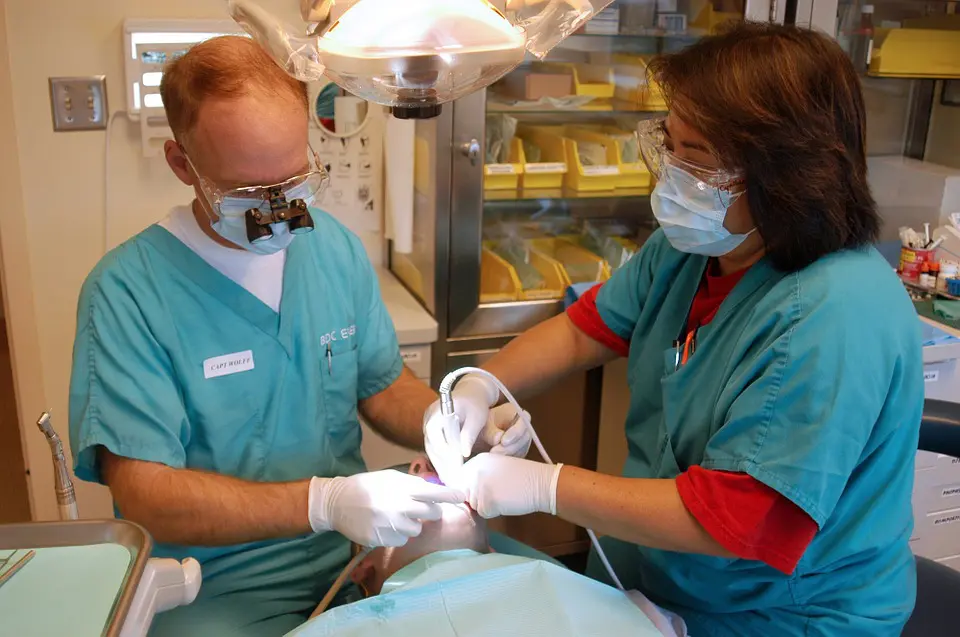When you undergo an endodontic procedure such as a root canal, your dentist will send you home with instructions for pain management and dental care while you are recovering from the treatment. Your provider will also give you instructions about follow-up visits. It is vital that you adhere to the care guidelines given by the dentist.

(Pixabay / skeeze)
During the root canal, the dentist will administer anesthesia to numb your mouth so you won’t feel the pain. When you go home, the anesthesia will begin to wear off, and you may feel tenderness in the area of the procedure for a few days until it is completely healed. The soreness of your jaws may prevent you from fully opening your mouth during the healing period. The pain and the tenderness usually respond well to over-the-counter medications. If you cannot tolerate the pain, however, you can request that your dentist prescribe a stronger narcotic medication.
If you are receiving narcotics, you must carefully follow the doctor’s instructions and the manufacturer’s guidelines printed on the product label. Narcotics usually make a person drowsy, so you may not be able to drive a car or operate machinery while on the medication. Arrange for rides with friends while you are under the influence of the drugs.
It is normal to experience an unusual sensation from the tooth that underwent treatment. That sensation will most likely go away after a while, but there could be other side effects resulting from the procedure. Consult your dentist if your bite feels uneven, your temporary crown comes out of place, or if you experience extreme pain or pressure for more than a few days.
Refrain from eating anything until after the numbness in your mouth wears off. Eating with a numb mouth may result in your accidentally biting your tongue or cheek. Do not use the treated tooth to chew or bite until it is fully recovered or restored. Otherwise, you risk damaging the tooth.
While waiting for the tooth to completely heal, continue with your usual oral hygiene routine, including brushing and flossing. Keeping your mouth clean will help prevent infection in the treated area.
